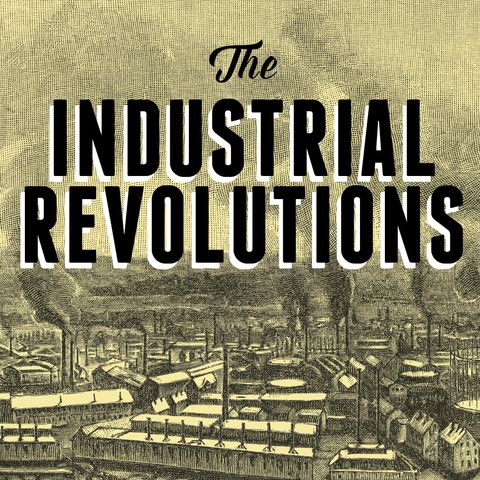
Contatti
Info
The story of how a primate species created a world full of skyscrapers, airplanes, nuclear weapons, and vaccines. From the mass production of cotton weaving in the first industrial revolution...
mostra di più
The story of how a primate species created a world full of skyscrapers, airplanes, nuclear weapons, and vaccines. From the mass production of cotton weaving in the first industrial revolution...
mostra di piùInformazioni
| Autore | Dave Broker |
| Organizzazione | Dave Broker |
| Categorie | Storia , Tecnologia , Cultura e società |
| Sito | industrialrevolutionspod.com |
| dave@davebroker.net |
Copyright 2024 - Spreaker Inc. an iHeartMedia Company
